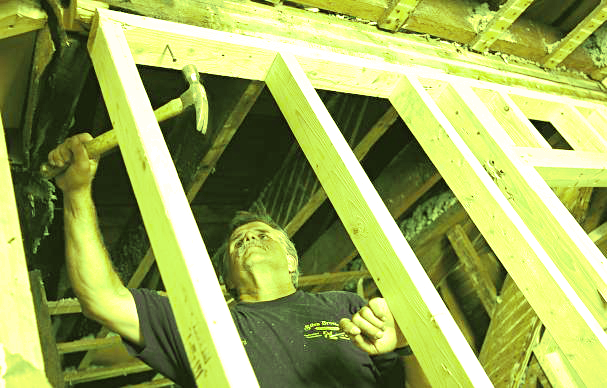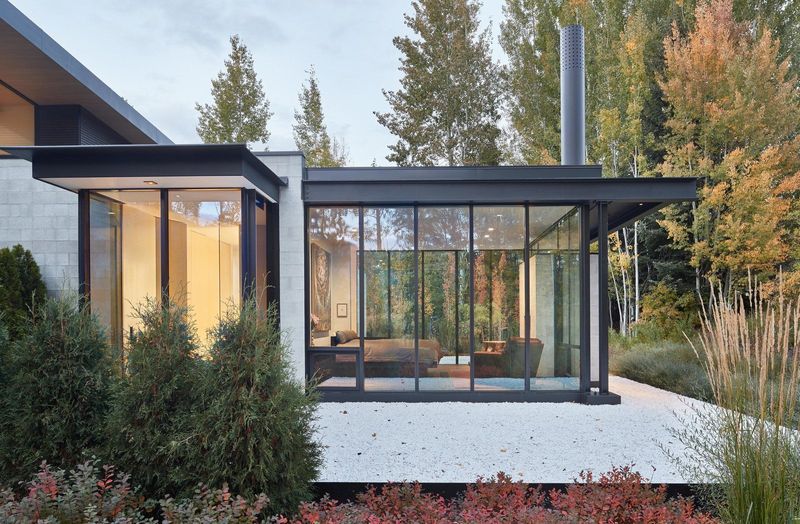6 Tips to Select a Contractor
At CityStructure, our vision is a world where every homeowner has a clear understanding of the development potential of their property. This is why we give you free access to the Untapped Development Potential for any property.
San Francisco is a great city to be in the real estate business but when it comes to getting permits to build or remodel this city becomes a nightmare whether, you’re an architect, builder, or even an experienced developer. People are complaining, for the right reason, on two issues: unclear criteria for getting a project approved and the lengthy time frame to issue permits for a project. As a comparison, for a single-family residence or a multifamily project in Seattle you could get permits within 6 months, in San Francisco it takes 2 years or more to get those permits (if no trial or historical preservation is involved in this process). Before getting worried that you’ll be eaten up by the DBI (Department of Building Inspection) bureaucracy, make sure that you can get away with just an over-the-counter permit. Here is a link that takes you to a page that explains the type of projects that could get this kind of permit. For permitting process for remodeling single or two-family dwellings, Planning Department did a good job of putting together a document that explains it quite well. In the case of large projects, they made a diagram that explains the standard workflow of the permitting process. Also, here is a list of FAQs where most of the questions are answered quite comprehensively. So, what else do you need to know about this permit process? Well, probably it’s good to know the reality behind the scene of working with the Planning Department or DBI and how you can get around not waiting for more than it’s necessary to pull your permits. Here is a list of strategies to shortcut this lengthy process:
Parallel permit applications. Skip the line by applying for different permits in parallel even though getting one depends on the approval of a different one. For instance, because there is a long waiting time for a building permit, the site permit set should be submitted even before Planning Department approves your application.
Get your spot in line ahead of time. It can be argued that a good set of drawings for the site permit takes a while and you’d want to avoid redoing work if the Planning Department doesn’t approve your application. It so happens that DBI lets you replace the set of drawings you submitted a while back just before they start reviewing them. This circumstance asks to submit an ok set of drawings just to get a spot in line. It usually takes longer for DBI than Planning Dept. to review your drawings. So, by the time you get approvals from Planning Dept., you should be close to having your drawings reviewed also by DBI.
Meeting minutes. There are at least a couple of different reasons why it’s important to take meeting minutes whenever you meet with officials from the Planning Dept. or DBI. One of them is because some departments, like the Fire dept., don’t have clearly defined rules and they came up with different rules per each project. Because the person you talked to initially may not be the same as the person reviewing your drawings, or the initial person may forget what they told you, it’s important to take notes of all their comments. Another reason to take meeting minutes is due to staff rollover. Since the permit process takes so long, staff could be reassigned or simply leave the permit department. Meanwhile, you may have followed one inspector’s comments and the new one may not be aware of them. It’d be good to have a list of comments previously addressed by you in drawings to give to the new inspector.
Professional friendships. I call this way when people I work with are honestly happy to see me and to work together. At Planning Dept. there are a lot of applications and long waiting times. Having a friend who could let you know in advance if your project would have the green light from the Commission, for instance, goes long way.
Get prepared for postponed scheduled dates. In case your project requires a hearing, the city doesn’t have a good track record of keeping the scheduled dates as scheduled. They would easily pose-pone a hearing a month or two at best. So, your project schedule should account for such circumstances and get prepared financially to support unpredictable delays. I’ll keep on updating this list as I come across other tricks to make your life easier so that you can focus on important things like getting construction started. Good luck!
How much could you build on your property?
Get an instant free estimate if there is any untapped potential for your property based on the city zoning and state regulations.



